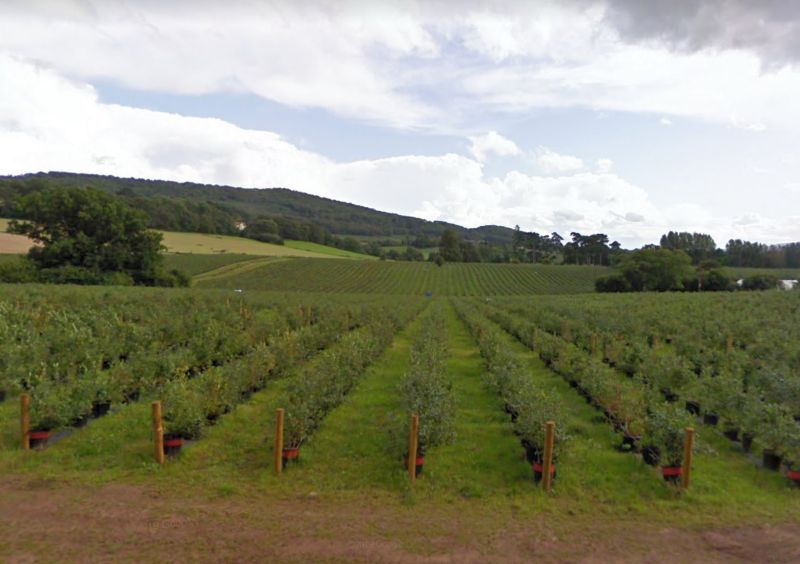
A UK soft fruit producer based in Herefordshire has won a High Court battle against countryside campaigners.
Withers Fruit Farm has successfully challenged a judicial review against Herefordshire Council, led by Campaign to Protect Rural England (CPRE).
Campaigners sought to overturn a planning decision that would allow the construction of 11 blocks of polytunnels on 37 hectares of farmland.
The council decision also permitted the provision of caravan accommodation for 350 seasonal fruit pickers on a nearby 145 hectare site.
One of the UK’s largest producers of soft fruits, Withers Fruit Farm supplies supermarkets such as Tesco, Waitrose, Co-op and Asda.
The use of polytunnels allows the extension of the harvest season beyond the summer months.
Herefordshire Council, whom the claim was first brought against, conceded on CPRE’s ground that the guidance set out in the council’s own Polytunnel Planning Guide created a ‘legitimate expectation’ as far as the application procedure was concerned
Law firm Thrings, which was advising Withers Fruit Farm on the dispute, recommended that its client step into the role of defendant.
The firm helped the fruit producer to defend CPRE’s claim on all grounds, including that, where adopted policy prescribes action, the question of weight given by planning decision makers to documents other than policy papers is discretionary.
The judge, Justice Stuart-Smith, agreed that the guidance document, not having faced public scrutiny, could not be given the same importance as a formal policy.
The countryside campaigner group failed to convince the judge that, in its decision, the council had ignored the visual impact of the project, as well as its effect on local biodiversity, particularly in relation to the bat population.
The final ground to be defended against was procedural unfairness, with CPRE accusing the council of making the planning application’s accompanying reports available too close to the council meeting date.
CPRE also criticised the absence of an economic need assessment among those reports.
Deeming the time allowed for the review of documents to be reasonable, the judge also held that there was no expectation to make commercially sensitive documents public, provided they were considered by the council officers.
Fred Quartermain, associate planning solicitor at Thrings, advised Withers Fruit Farm. He said: “We are pleased to see the courts confirm what we knew to be true: that guidance is guidance, and not prescriptive policy.”
George Leeds, who owns and runs the farm with his family, is an active member of the NFU in Herefordshire, which provided financial support towards Withers Fruit Farm’s legal costs.
He said: “While this challenge to our planning application has been frustrating and delayed investment in the farm, work with local businesses and employment by approximately one year, we are delighted with the overall result. It was particularly reassuring for us to see every single point in the judicial review brought by the CPRE rejected by the judge.”
Zack Simons of Landmark Chambers was instructed by Thrings to represent the defendant in court.
